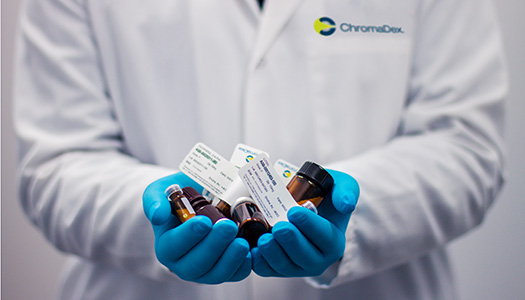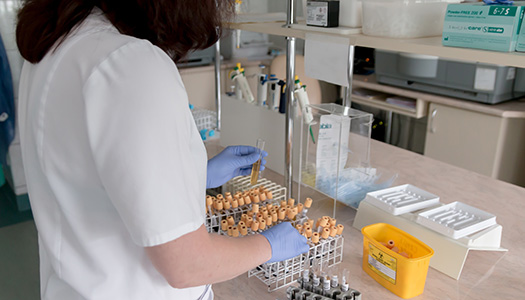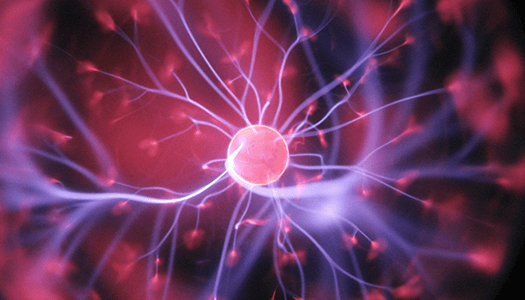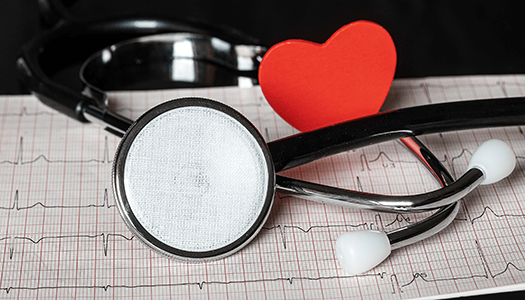Polycystic Ovarian Syndrome (PCOS)
Polycystic Ovarian Syndrome (PCOS) is a condition in which many cysts develop from ovarian follicles that fail to rupture and release eggs. PCOS is one of the major causes of infertility.Women who have PCOS are at a greater risk of developing ovarian cancer and diabetes.
In PCOS, there are many small cysts around the edge of the ovaries.
It occurs frequently in women who are obese.
It is the result of abnormally high production of the hormone androgen by the ovaries and the adrenal glands.
Symptoms:
PCOS usually does not cause symptoms before mid-puberty, when the ovaries begin to produce hormones in significant amounts. Women then can have some or all of the following symptoms:
- Menstrual periods that are infrequent, irregular or absent
- Difficulty getting pregnant
- Obesity (in 40% to 50% of women with this condition)
- Excess Acne
- Hair growth in the beard area, upper lip, sideburns, chest, the area around nipples or the lower abdomen along the midline
- Darkened, thickened skin, sometimes appearing similar to velvet, in the armpits
- High blood pressure, high blood sugar or a cholesterol problem
How is PCOS diagnosed?
If your doctor suspects that you have PCOS, he/she will perform blood tests and an ultrasound. The blood test will check the level of androgens in the blood. If PCOS is present, the ultrasound will show multiple small cysts around the edge of the ovary.
Prevention:
Since the cause of PCOS is poorly understood, it not possible to prevent PCOS. However, maintenance of a healthy weight and lifestyle are important in preventing and controlling many of the conditions that may be associated with PCOS.
Homoeopathy can do wonders…..
PCOS responds only to constitutional treatment.
Some common remedies prescribed for PCOS are:
- Apis :- Indicated in females who feel hot all the time and have complaints of puffiness and swelling before menses. Patients are thirstless- have no liking to drink water. Also indicated in young girls with PCOS – who are jealous and possessive in nature. They generally have right sided ovarian cysts.
- Platina :-Indicated in lean thin females who are egoistic in nature. They generally complain of severe abdominal pain during menses. Menses are dark and clotted.
- Iodium :- Indicated in obese or very thin females who feel hungry all the time. They usually are associated with thyroid complaints along with PCOS.
- Lachesis :- Indicated in Left sided ovarian cysts. Patients are worse before menses and feel better as soon as the menses appear. Such patients cannot bear tight clothes especially around neck region.







